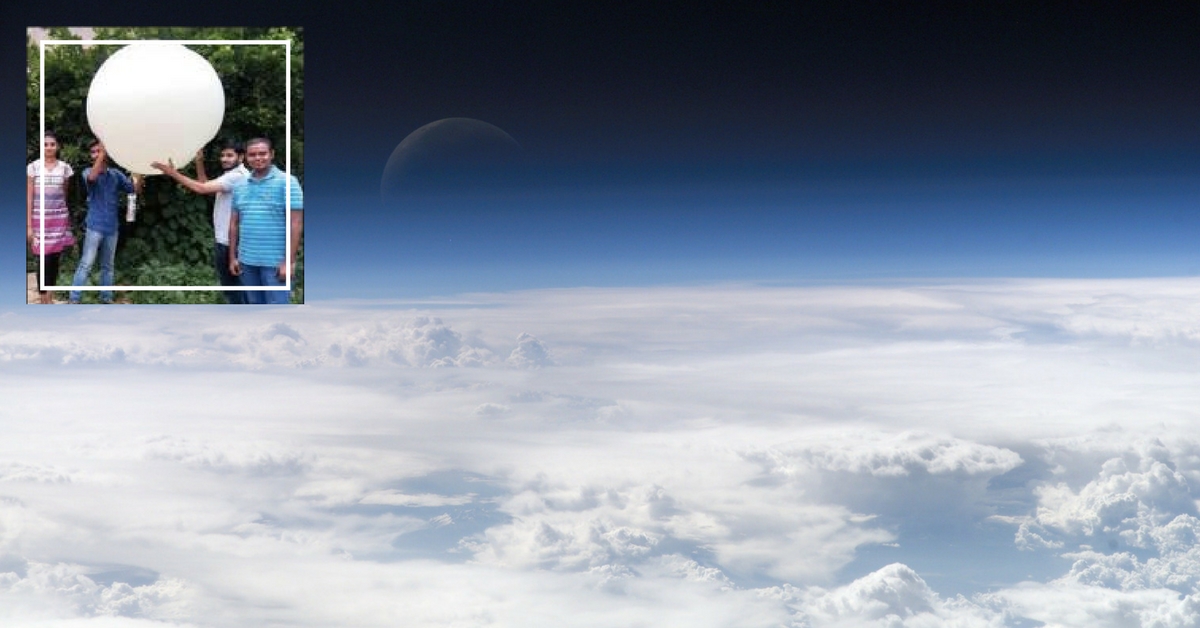Mini-Satellites From Beer Cans? This Bengaluru Boy’s Innovation Is Redefining Rocket Science!
The project comprises a sounding rocket balloon payload built of open hardware like Arduino and RaspberryPi with the entire ensemble amassed inside a 350ml soda can.

A mini-satellite from empty beer cans?
One boy from Bengaluru has just achieved the unthinkable. And it’s not rocket science!

Converting soda cans, beer cans and other beverage cans into mini-satellites, 22-year-old Suraj Kumar Jana has been running the project for the past two years under the name CanSat Development Programme, with an intention of creating an open-source database on several city parameters, including temperature and pollution levels.
Founder of Opencube Labs, Suraj’s project comprises a sounding rocket balloon payload built of open hardware like Arduino and RaspberryPi. The entire satellite ensemble is amassed inside a 350ml soda can.
A payload is the carrying capacity of an aircraft or launch vehicle, usually measured in terms of weight. For the CanSat, the rocket balloon does the trick.
The mini-satellites take flight from the Air Force base in Yelahanka and have their descent assisted by parachutes. The satellites are also mechanized to transmit captured data to the concerned ground station.
You may also like: This 18-Year-Old Tamil Nadu Boy Built the World’s Lightest Satellite
“The data collected by these mini-satellites include temperature and pollution levels, quality of air and water, ultra-violet penetration and traffic congestion levels in the city. These data can help in research purposes and our civic bodies can even use them to implement better policies,” Suraj, who is a computer engineer from BMS Institute of Technology, told TOI.
Launched in 2014, the project was propelled to offer students an insight into small-scale space operations that are brought forth through workshops conducted across the city.
“Receiving a real-time experience of small-scale space missions isn’t that reasonable and goes beyond affordability of Indian, middleclass students. Through our workshops, we provide students a first-hand knowledge on making, operating and launching of satellites,” he added.
Like this story? Or have something to share?
Write to us: [email protected]
Connect with us on Facebook and Twitter.
NEW: Click here to get positive news on WhatsApp!
If you found our stories insightful, informative, or even just enjoyable, we invite you to consider making a voluntary payment to support the work we do at The Better India. Your contribution helps us continue producing quality content that educates, inspires, and drives positive change.
Choose one of the payment options below for your contribution-
By paying for the stories you value, you directly contribute to sustaining our efforts focused on making a difference in the world. Together, let’s ensure that impactful stories continue to be told and shared, enriching lives and communities alike.
Thank you for your support. Here are some frequently asked questions you might find helpful to know why you are contributing?


This story made me
-
97
-
121
-
89
-
167













